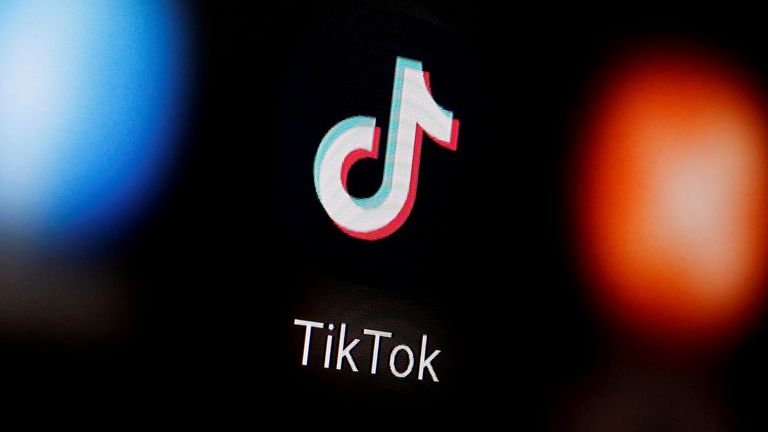In the interests of “good cyber hygiene”, said minister Oliver Dowden, the UK government has now decided to ban TikTok from government devices.
It should come as no real surprise. The US and the European Commission have already instituted similar bans of the Chinese social media app.
Some cybersecurity analysts have suggested TikTok works harder to access our personal information than other popular social media apps.
It knows what other apps a phone is running, can access the device’s calendar, and checks your location every hour.
It’s also been suggested that the app is more persistent than others in requesting access to contacts in your phone, even if you’ve denied it access initially.
But most experts agree TikTok’s appetite for personal data is no more voracious than its competitors.
In fact, many are thought to collect and store more data about you than TikTok.
So why restrict TikTok on government devices and not all social media apps?
Read more:
TikTok banned from UK government phones
Where TikTok is restricted around the world
The ‘challenge’ of China
It has more to do with our shifting stance on China.
This week’s Integrated Review Refresh – an updating of the government’s defence and security priorities – identified China as an “epoch defining challenge”.
TikTok is robust in rejecting any suggestion it is snooping on its users. Like other social media developers, it argues information it gathers is purely to enhance a user’s experience on the app.
It points out its US and European operations are domiciled in those countries, with data on users held on servers in the US and Singapore.
One reason for greater concern over TikTok than US-based app developers is that the Chinese state has legal powers to gain access to its data if it wished to do so. Laws in Beijing compel Chinese companies to share information if it’s in China’s national security interests.
The company says the Chinese government cannot request data held on its servers outside China (and TikTok doesn’t operate in China itself), nor has it had requests from the Chinese government to share data.
TikTok’s immense popularity
Another factor in all this is TikTok’s incredible success.
Among under-25s, it’s the world’s most popular app. TikTok has around a billion regular users; around nine million of them in the UK.
Attempts by Facebook, Instagram, and YouTube to emulate its short video format have so far failed to rival TikTok.
It’s not clear how much a ban on government devices will bother TikTok’s core user base. But it might rob the government of a powerful tool to communicate with a younger audience.

